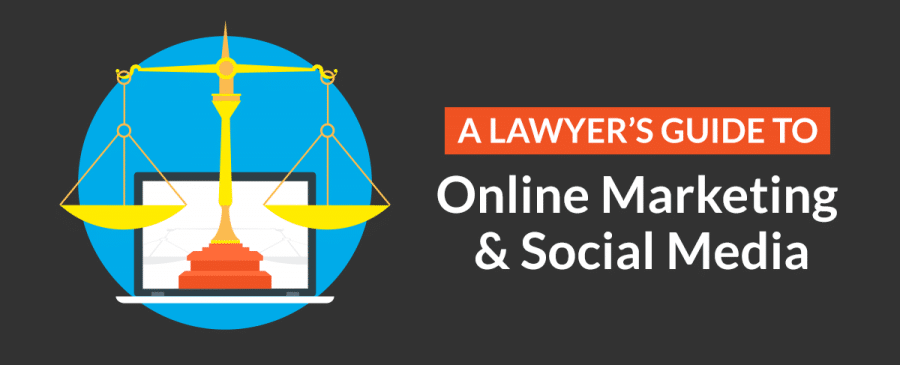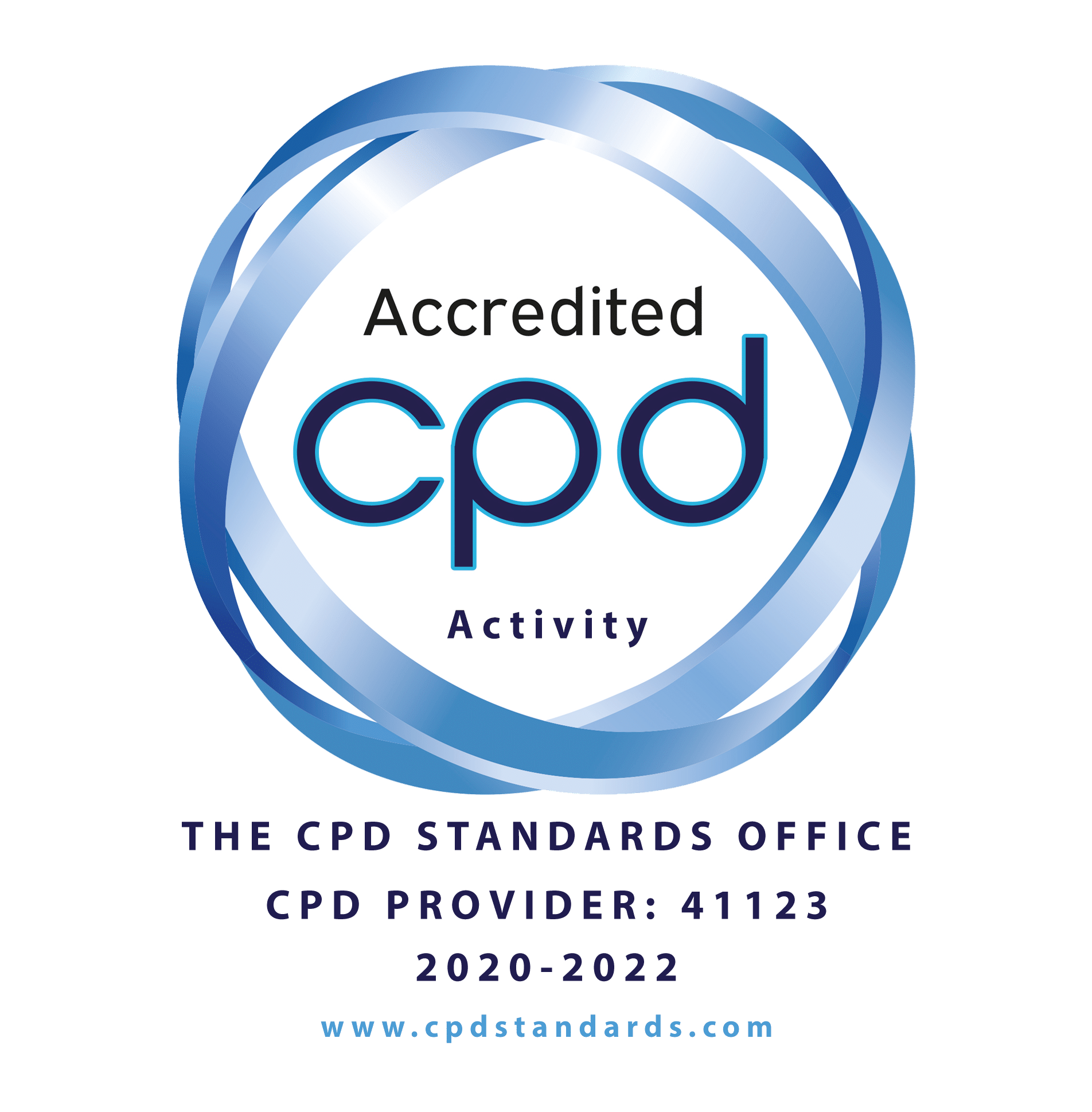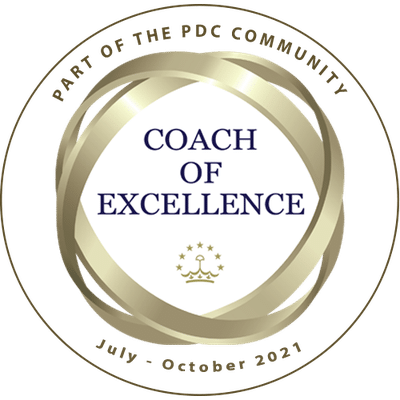A Lawyer’s Guide to Online Marketing & Social Media

This is a guest blog post provided to us by Colin Bresee
Colin Bresee is a criminal defense lawyer based in Denver, Colorado. His roughly 20 years of experience as both a prosecutor and defender gives him an edge when defending clients in court.
As an attorney, you’re offering one of the most important (and expensive) services on the market. Since the Internet is the most popular way people find lawyers to hire, it’s imperative that you establish your credibility through a strong online presence. That means going well beyond building a static website with a straightforward “call us” call to action — you’ll want to truly use the Internet to build an online presence that not only demonstrates who you are, but also shows people they can trust you to win their case. We’ll talk about how you can use digital content to build credibility, how to manage and optimize your digital presence for results, and how to balance your digital presence with traditional marketing to create an all-around great marketing presence.
Using Digital Content to Build Credibility
Using the Internet to research businesses isn’t a new phenomenon, and it certainly isn’t dissipating anytime soon, either. If people are doing avid research about which restaurant to visit on Friday night, you can certainly bet they’ll be looking up lawyers when they need them. In other words, you need a strong online presence in order to stand out from your competition.
The best way to build a winning online presence? Keep your end-user in mind. Develop content that will not only draw organic traffic to your website, but also offers some sort of value to your reader. This can be accomplished through a number of ways:
- Blogs: Having a blog is essential. Write what you know, and people will listen to what you have to say.
- Podcasts: Creating a podcast about your area of expertise is especially beneficial for establishing your credibility amongst fellow colleagues. Since listeners typically subscribe to podcasts tailored to their interests, you can bet they’ll be genuinely interested in what you have to say.
- Guest posts: Look for opportunities to share your insight as a guest blogger on law websites or on Quora. Readers will appreciate the opportunity to listen to an expert opinion, and you’ll be able help build backlinks to your website.
Social Media for Lawyers
In addition, you’ll want to support your great Web presence with an awesome social media following. This allows you to readily engage with your audience and further establish yourself as an expert in your field.
While there are plenty of social networks out there, the ones you should really be paying attention to are Facebook, YouTube and LinkedIn.
- LinkedIn: Joining groups on LinkedIn that are relevant to your practice will help you network and share your expertise with like-minded individuals. In addition, you can post unique content on LinkedIn using their publishing platform. The key word here is “unique” — don’t simply copy and paste a blog post from your website and push it to LinkedIn. Instead, create content that’s specifically tailored for your LinkedIn following. That’s how loyal followers are made.
- Facebook: Create a business page for your firm and post content that’s meant to engage and inform your reader. Link to relevant news articles, blog posts and anything else your reader may find valuable.
- YouTube: If you’re comfortable on the camera, adding a video presence can be immensely beneficial. For one, it allows you to demonstrate your personality and persuasiveness in a more meaningful way. Secondly, video can be easier to digest than written content, which can make it more attractive to some individuals. Another plus? It’s free to use.
Managing Your Content
Developing a sound Web presence certainly takes time, which is hard to come by. However, it’s imperative that you do it. Remember, people are looking you up online, and if you have a less than stellar online personality, they’re simply not going to give you a call.
If you have trouble keeping up with your online presence, don’t be afraid to ask for help. Tapping other resources like interns, assistants and partners can not only help you better manage your time, but also helps give fresh perspectives on your website. Ask others to regularly contribute to your blog, or — if blog or social media management sounds daunting to you — assign someone the task of keeping your digital presence up to date.
If you truly don’t have the time to manage your Web presence, find someone who will. Agencies can be immensely helpful for lawyers who are looking to enhance their presence online.
Optimizing Content for Results
Great content is wonderful, but what good is it if no one sees it? That’s where SEO comes into play. Here are some basic SEO tips that can help enhance your business’s organic traffic:
- Do keyword research. You can use Google AdWords’ free Keyword Planner tool or SEMrush to learn which keywords are driving clicks. Aim to incorporate longtail keywords (such as “Denver criminal defense lawyer”) into your website copy, as they’re more likely to drive conversions.
- Local is crucial! In addition to incorporating local keywords in your content, make sure your business is accurately listed on Google so others can find you. Be sure your address, phone number and operating hours are correct.
- Don’t neglect images. Images not only add a visual element to your content to further engage readers, but they can be optimized with proper alt and title tags. This looks really good for search engines, and also helps your reader better understand what purpose your images serve.
While incorporating keywords is certainly important, don’t overdo it by “keyword stuffing.” This practice doesn’t fool anyone, including search engines. Remember: Keep your end-user in mind when honing your online presence.
Measuring Results
You can’t improve what you don’t measure. Measuring your results from your online efforts not only helps you determine your ROI, but you can also use the data to improve your tactics. Here are a few key tools you should be using to measure how your digital efforts are paying off:
- Google Analytics: Creating and tracking Goals in Google Analytics is key to measuring your online success. Create Goals for specific actions like form fills, newsletter subscriptions and video plays to track and measure audience behavior. In addition, Google Analytics is a powerful tool that gives you insight into which pages drive the most traffic and interest on your site, allowing you to better tailor your content towards your audience’s interests.
- Google AdWords: AdWords makes it easy to set up PPC ads and track their performance over time. Staying up-to-date on your keywords and conversions allows you to see which efforts are paying off and which could use some work.
The key takeaway: Pay attention to what’s working and continue to improve upon those efforts. Nix the efforts that aren’t paying off.
Balancing Digital with Traditional Marketing
Going digital doesn’t mean ignoring traditional marketing efforts — it just means making your marketing presence even stronger. Leveraging your digital presence with traditional marketing and advertising (i.e. billboards, radio spots, commercials, etc.) will ensure you have an all-around great marketing strategy. By building an arsenal of valuable, engaging content that presents yourself as an expert in your field, you’ll be able to win your customers’ trust and business time and time again.






